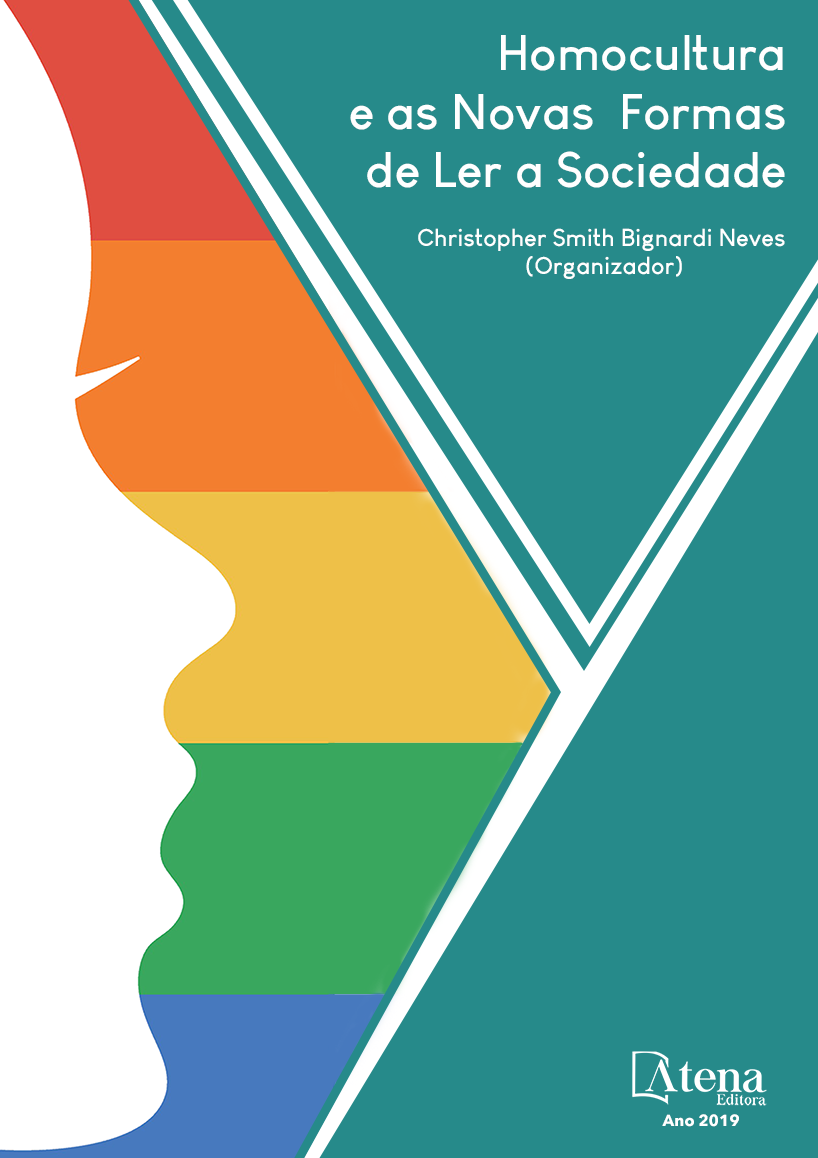
A ARTE E AS EPISTEMOLOGIAS DO SUL - A LUTA POR UM DIREITO EMANCIPATÓRIO E TRANSGRESSOR
O presente artigo pretende, em um
primeiro momento, traçar algumas articulações
em torno do pensamento de Boaventura de
Sousa Santos ao propor a ecologia dos saberes,
a tradução intercultural e as epistemologias do
Sul em cotejo com o pensamento de Michel
Foucault no que se refere à recuperação dos
saberes sujeitados e à conjugação do saber
científico ao saber popular. Em um segundo
momento, pretende analisar se seria possível
postular por um outro direito e outra política
contra hegemônicos, um direito emancipatório
e transgressor, diante das quatro formas
principais de fascismo social em que vivemos e
em um regime capitalista. Questiona, outrossim,
como articular a arte à política sem que ocorra
a estetização da política e a politização da arte,
a partir da análise das epistemologias do Sul,
recuperando experiências da vida que foram
suprimidas, desperdiçadas ou negadas. Por
derradeiro, visa-se analisar em que medida
as artes poderiam ajudar na construção das
epistemologias do Sul, em uma democracia e um
direito pós-abissais, ante suas características
de transgressão e de singularidade, permitindo
uma múltipla linguagem e perspectiva.
A ARTE E AS EPISTEMOLOGIAS DO SUL - A LUTA POR UM DIREITO EMANCIPATÓRIO E TRANSGRESSOR
-
DOI: 10.22533/at.ed.4441906113
-
Palavras-chave: Direito emancipatório e transgressor. Artes. Epistemologia e metodologias transgressoras
-
Keywords: Emancipatory and transgressor law. Arts. Epistemology and transgressive methodologies
-
Abstract:
This article intends, at first, to
draw some articulations around the thought
of Boaventura de Sousa Santos by proposing
the ecology of knowledges, the intercultural
translation and the epistemologies of the South in
comparison with the thought of Michel Foucault
regarding recovery of subject knowledge and the
combination of scientific knowledge with popular
knowledge. In a second moment, it intends to
analyze if it would be possible to postulate for
another law and another counter-hegemonic
policy, an emancipatory and transgressive law,
in face of the four main forms of social fascism
in which we live and in a capitalist regime. It
also questions how to articulate art to politics
without the aestheticization of politics and the
politicization of art, from the analysis of southern
epistemologies, recovering life experiences
that have been suppressed, wasted or denied.
Finally, we aim to analyze the extent to which the
arts could help in the construction of Southern
epistemologies, in a post-abyssal democracy
and right, in view of their characteristics of transgression and uniqueness, allowing a multiple language and perspective.
-
Número de páginas: 15
- Paola cantarini


